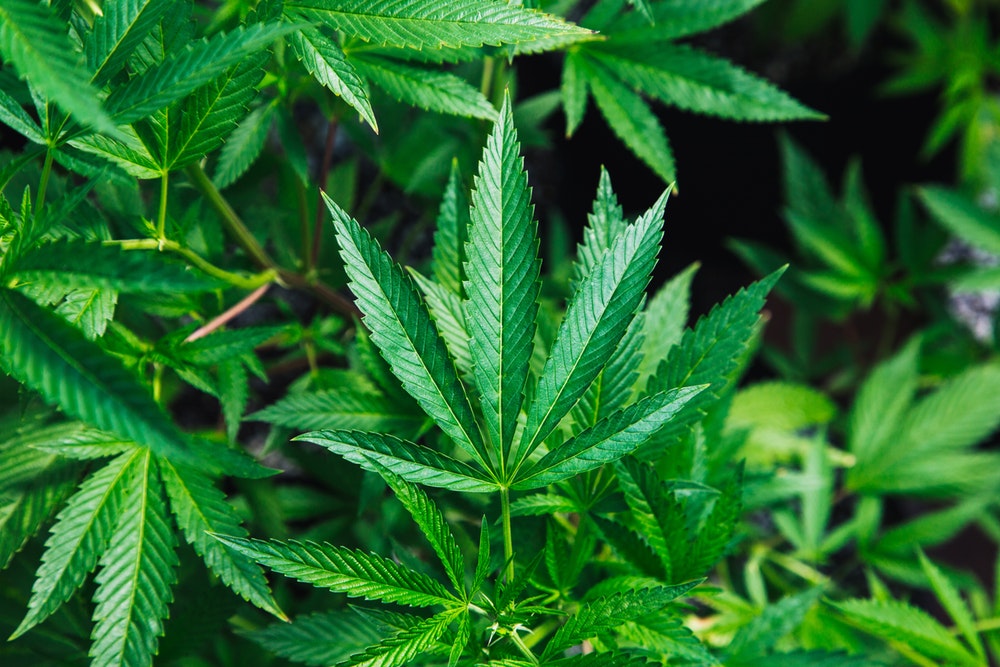Pot legalization bringing boon to hemp farmers

The federal government’s end to its 95-year pot prohibition will also be a boon for hemp producers. They’ll soon be allowed to sell the plant’s flowers to be processed for its CBD, a cannabinoid without any psychoactive effects that’s being hailed for its medicinal potential.
Health Canada approved an exemption last month allowing commercial hemp growers to harvest flowers and leaves to be dried and stored on their farms ahead of Oct. 17, when the sales ban on those portions of the plant will be lifted. Only the stalks, seeds and stems can be sold now.
“That’s a brand new revenue stream,” Canadian Hemp Trade Alliance executive director Ted Haney said.
Many of Canada’s more than 115 licensed cannabis producers are eager to source hemp for a range of CBD products, from oils and balms to CBD-infused food and drinks.
“And 2018 is definitely going to be focused on initial harvest and initial extraction and a lot of learning around how to handle this product to maintain both the quantity and quality of CBD in the material prior to delivery to the LPs (licensed producers),” Haney said.
Championed for its pain-relieving and anti-inflammatory properties, CBD has a market that’s expected to grow to $2.1 billion, up from $202 million in 2015, according to the Hemp Business Journal.
Canada is among the top hemp producers in the world – about 12,000 producers farm 55,000 hectares of the crop – with the bulk of the operations concentrated in Alberta, Saskatchewan and Manitoba. Hemp is also produced in Ontario, Quebec and the Maritimes.
A variety of the cannabis plant, hemp must have less than three per cent THC, the psychoactive component in marijuana that give users a euphoric feeling. Hemp fibres and stalks are used in everything from clothing and construction materials to paper and plastic composites. The seeds are used to make things like cosmetics, paint, granola and cereal.
Hemp’s potential has already drawn the attention of Canada’s largest licensed pot producers. Aurora recently bought a majority stake in HempCo Food and Fiber, a hemp food provider, while Canopy Growth purchased a large hemp farm in Saskatchewan last year.
The head of a cannabis industry umbrella group applauded the new opportunity for Canada’s hemp farmers, calling them a foundational part of the agricultural economy.
“It allows them to squeeze a little bit of added value out of their crops and, even better, help medicinal patients,” said Allan Rewak of the Canadian Cannabis Association, a trade group representing some of the country’s largest marijuana producers, including Aurora, Canopy and Tilray.
The CBD concentration of Canadian-grown hemp ranges from 1.5 per cent to four per cent, Haney said, noting that producers must now focus on in creasing those levels.
“There has been no attention to the CBD content in the flowering material,” he said. “So with no attention, the entire genetics were optimized for the production of seed and . . . fibre.”
420 Intel is Your Source for Marijuana News
420 Intel Canada is your leading news source for the Canadian cannabis industry. Get the latest updates on Canadian cannabis stocks and developments on how Canada continues to be a major player in the worldwide recreational and medical cannabis industry.
420 Intel Canada is the Canadian Industry news outlet that will keep you updated on how these Canadian developments in recreational and medical marijuana will impact the country and the world. Our commitment is to bring you the most important cannabis news stories from across Canada every day of the week.
Marijuana industry news is a constant endeavor with new developments each day. For marijuana news across the True North, 420 Intel Canada promises to bring you quality, Canadian, cannabis industry news.
You can get 420 Intel news delivered directly to your inbox by signing up for our daily marijuana news, ensuring you’re always kept up to date on the ever-changing cannabis industry. To stay even better informed about marijuana legalization news follow us on Twitter, Facebook and LinkedIn.




